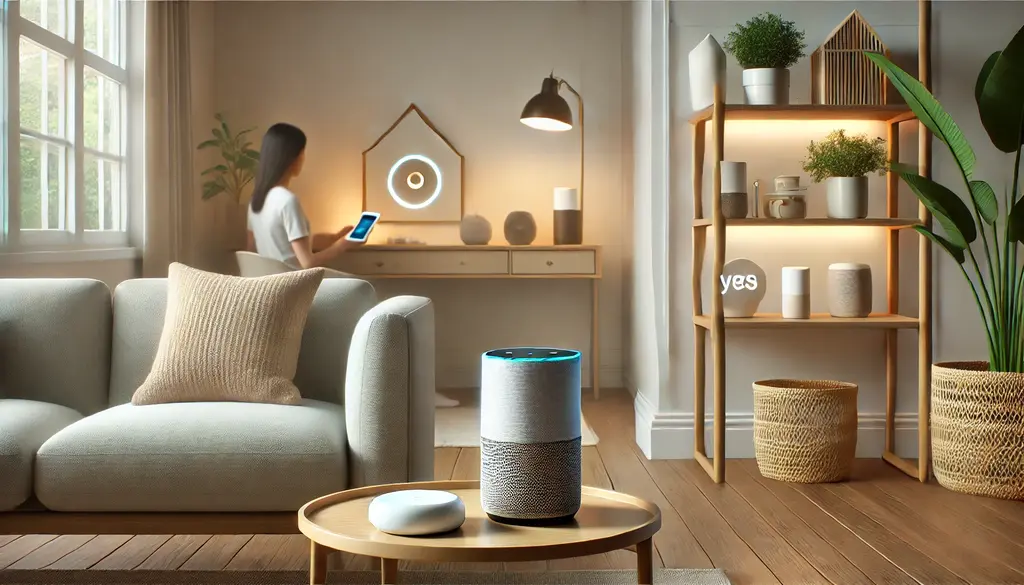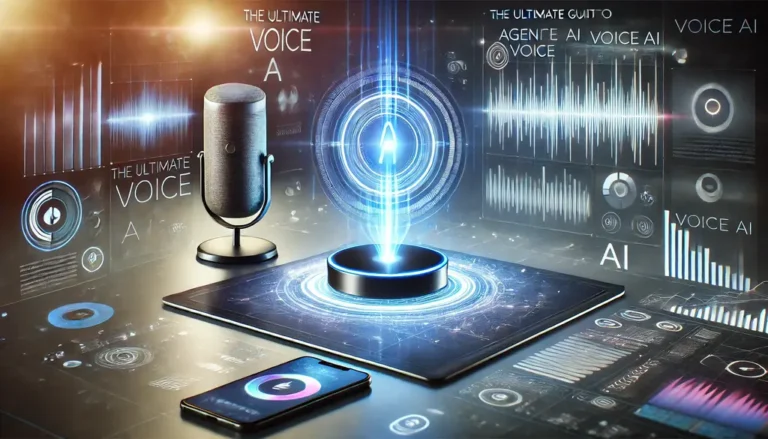Today, Amazon Alexa and Google Assistant are more than your helpful buddies. They have become your AI-powered home managers, personal assistants, and entertainment hubs. These voice assistants are getting smarter, faster, and more intuitive. And this makes it even harder to choose the best among the two.
Both companies have invested heavily in improving their ecosystems. Both have added NLP, better automation, and increased privacy controls. So, choosing only one of these top voice assistants became challenging.
But don’t worry. We have completed the hard part for you, so you only have to choose the right voice assistant.
This blog post breaks down the Amazon Alexa vs. Google Assistant battle in 2025. By the end of this short post, you’ll understand the best tool for you that has seamless home automation, powerful search capabilities, and better privacy protections.
So, let’s dive in!
Amazon Alexa or Google Assistant?
We won’t explain or define the two voice assistants. We already have guides for these:
- Amazon Alexa: Everything About Amazon’s Voice-Controlled Assistant
- Google Assistant: All About AI Voice Assistant
We’ll now look into the key differences between Amazon Alexa and Google Assistant:
AI Intelligence & Natural Language Processing
The first comparison element includes AI and NLP:
Alexa
- Its improved context memory allows it to continue conversations naturally.
- It has tight integration with Amazon’s shopping and home automation ecosystem.
- It’s equipped with enhanced voice customization options for a more natural interaction.
Google Assistant
- This intelligent voice assistant naturally understands and processes complex queries.
- It handles follow-up questions seamlessly, creating a conversation-like experience.
- Its predictive capabilities make proactive suggestions based on your routines.
Simply speaking, Google Assistant leads those valuing advanced AI intelligence and seamless conversations. On the other hand, Alexa remains a strong contender for better smart home and shopping integration.
Smart Home Control & Device Compatibility
Everything is getting smarter. So why not your homes? The following comparison is about smart home control and device compatibility:
Alexa
- It’s compatible with over 140,000 smart devices, making it the most widely supported voice assistant.
- It has advanced Routines that allow for multi-device automation in ways Google still lags.
- It works seamlessly with Ring, Eero, and various third-party IoT devices.
Google Assistant
- It has increased support for Matter and Thread, broadening smart home compatibility.
- It has smarter automation suggestions based on your behavioral patterns.
- It also has deep integration with the Google Nest ecosystem.
While Google Assistant’s AI-driven automation is improving rapidly, Alexa still leads in smart home compatibility.
Entertainment & Media Streaming
Now comes how the two voice assistants interact with entertainment and media streaming:
Alexa
- It works best with Amazon Music, Spotify, and Apple Music.
- Fire TV integration allows complete voice control over streaming.
- It lacks deep YouTube integration, which is a major drawback.
Google Assistant
- It has native support for YouTube Music, YouTube, and Chromecast.
- Google TV integration allows complete media control with voice commands.
- It works seamlessly with Spotify, Netflix, and more.
Google Assistant is a better choice for YouTube and Chromecast, while Alexa is a winner if you’ve fully invested in Amazon’s ecosystem.
Privacy & Security
Privacy and security are among the most critical things regarding the internet and the online world. Let’s now look into how the two voice assistants react to this element:
Amazon Alexa
- Users can delete voice recordings and disable always-on listening.
- More on-device processing to limit unnecessary cloud storage.
- However, Amazon’s targeted ads and data policies remain a concern.
Google Assistant
- More on-device AI processing, reducing cloud data storage.
- More straightforward privacy controls and voice data deletion.
- Google’s past data privacy issues still raise questions.
Google Assistant offers better transparency and data controls for privacy-conscious users.
Shopping & Productivity
Everyone is shopping and working online. And everyone is using one of the two voice assistants. So, let’s explore how the two react to these elements:
Amazon Alexa
- It’s perfect for Amazon shoppers, with one-command reorders and personalized recommendations.
- It perfectly integrates into Amazon Fresh and Whole Foods.
- It has more refined voice-commerce capabilities.
Google Assistant
- It’s smarter at finding deals, comparing prices, and recommending better alternatives.
- It has seamless integration with Google Calendar, Gmail, and task management.
- It also has AI-driven reminders and scheduling help with organization.
Alexa wins for shopping, while Google Assistant is better for productivity and day-to-day tasks.
What’s Next for Voice Assistants?
The future of voice assistants is promising, with Amazon and Google continuously improving their AI models. We expect more natural conversations, better predictive capabilities, and deeper integration into everyday life.
Alexa and Google Assistant will become more proactive, anticipating user needs rather than waiting for commands.
Security and privacy enhancements will likely take center stage, with on-device AI processing becoming the norm to reduce data-sharing concerns.
Additionally, expect more advanced automation features, which will enable voice assistants to control devices and services seamlessly across homes, vehicles, and workplaces.
As 5G and edge computing evolve, response times will improve, making interactions feel even more instantaneous.
Which One Should You Choose?
Choosing between Amazon Alexa and Google Assistant depends on your priorities. Amazon Alexa is still the better option, with unmatched compatibility with smart home control systems. However, Google Assistant is better if you need advanced AI, superior conversational abilities, and privacy transparency.
Alexa’s deep retail integration makes it a valuable tool for frequent Amazon shoppers. Meanwhile, Google Assistant shines in productivity, offering seamless connections to Google’s suite of tools, including Calendar, Gmail, and Google Search.
Both assistants have their strengths, and as AI advances, the best choice will depend on how each user wants to interact with their devices and services. Regardless of your choice, 2025 is the most exciting year yet for voice assistants.
Which assistant do you rely on in 2025? Share your thoughts!








